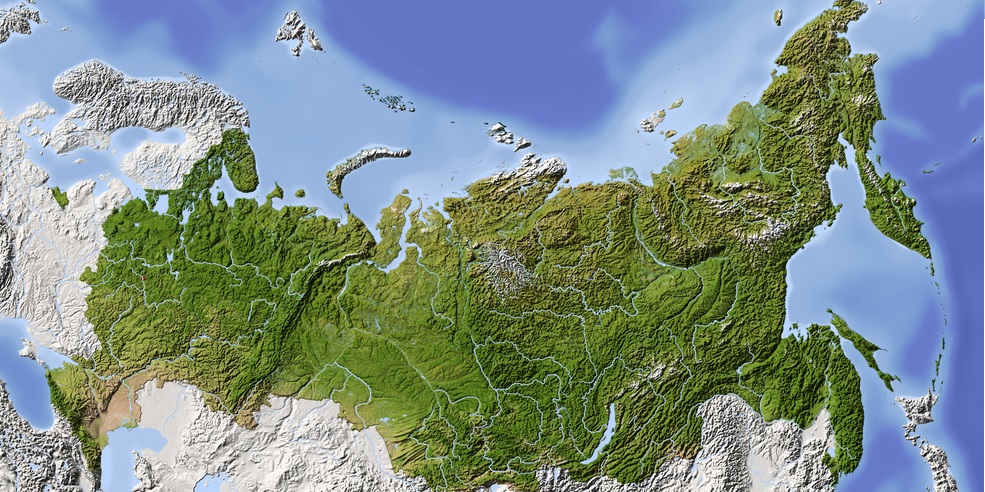Eurasia in Russian Foreign Policy: Interests, Opportunities and Constraints

The Eurasian axis of Russian foreign policy has been given several impetuses over the last two years. The most important of these has been the sharp deterioration in relations with the West against the backdrop of the Ukraine crisis.

In response to such changes, Russia’s approach to multipolarity has shifted: it is now understood to offer simultaneous access to several different sources of economic growth and modernisation. Success in Russia’s Eurasian foreign policy will require real effort to promote economic development and guarantee security. In the field of development, Russia has a great potential but starts from a weak position. It has a significant advantage, however, in being able to underwrite regional security, an essential precondition for economic development at a time when the risks of the region descending into chaos are high. The politicization of economic projects ranks among the major risks associated with Eurasian integration.
Ivan Timofeev has been Director of Programs at the Russian International Affairs Council (RIAC).
Elena Alekseenkova has been Program Manager at the Russian International Affairs Council (RIAC).
Download the full analysis
This page contains only a summary of our work. If you would like to have access to all the information from our research on the subject, you can download the full version in PDF format.
Eurasia in Russian Foreign Policy: Interests, Opportunities and Constraints
Related centers and programs
Discover our other research centers and programsFind out more
Discover all our analysesRussia, the Palestinians and Gaza: Adjustments after October 7th
The Soviet Union (USSR), and subsequently the Russian Federation as its internationally recognized legal successor, has consistently sought to play a visible role in efforts to resolve the Israeli-Palestinian conflict.
Deathonomics: The Social, Political, and Economic Costs of War in Russia
The report attempts to outline and examine a truly new phenomenon in Russian society, dubbed “deathonomics”—the making of a mercenary army against the backdrop of the Kremlin’s war in Ukraine, eventually replacing both the Soviet (conscript) and early new Russian (contract) armies. It notes that, by the end of 2023, this trend had turned the military service into one of the highest-paying professions in the country, something not seen in Russia on such a scale since the late 17th century.
Russia's Asia Strategy: Bolstering the Eagle's Eastern Wing
Among Russia’s strategic priorities, Asia traditionally played a secondary role compared to the West. In the mid-1990s, then Foreign Minister Yevgeny Primakov initiated a rapprochement with China and India. Then, in 2014, deteriorating relations between Russia and the West prompted Moscow to begin its “great pivot to the East”.
Kazakhstan After the Double Shock of 2022: Political, Economic and Military Consequences
The year 2022 represented a dual shock for Kazakhstan. In January, the country faced its most severe political crisis since independence, followed in February by Russia’s full-scale invasion of Ukraine, which cast uncertainty over the borders of post-Soviet states. These consecutive crises profoundly shaped Kazakhstan’s domestic and foreign policy.












